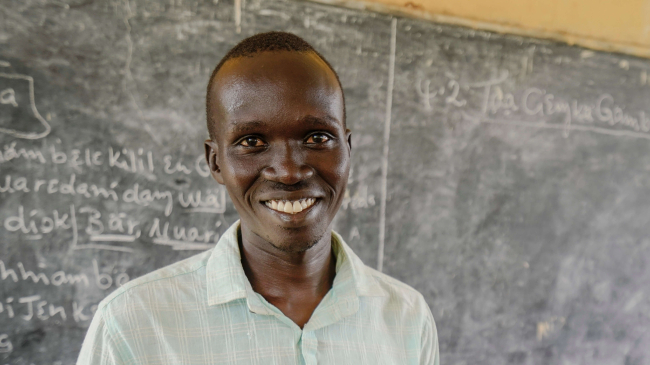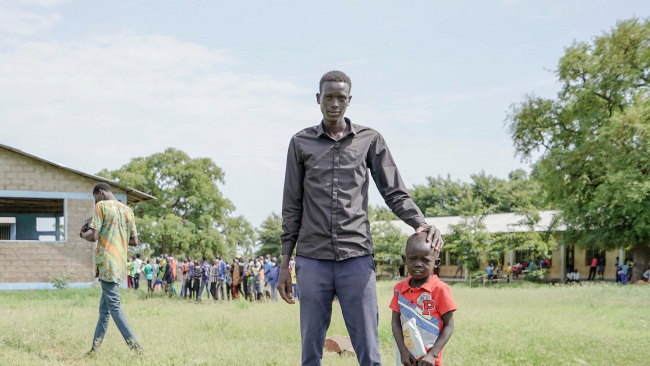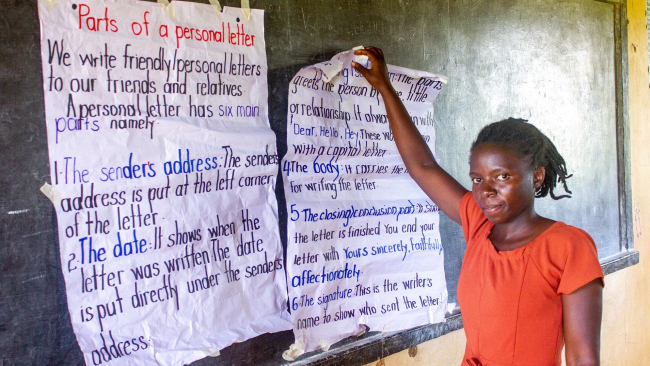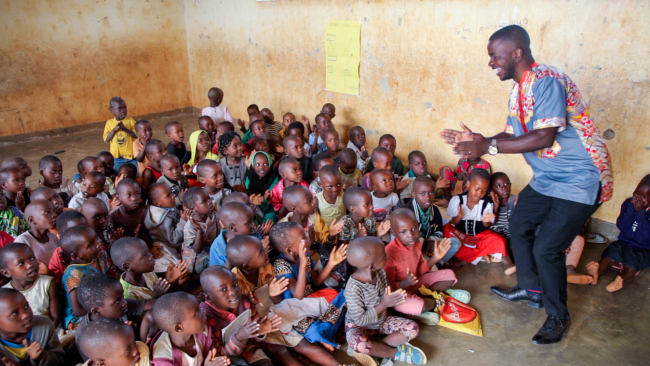This paper analyzes the impact of COVID-19’s lockdown measures on children’s school resilience. Using an individual fixed-effect linear probability model on Nigeria data, we exploit the quasi-randomness of these measures to estimate their effect on school attendance after the lockdown was lifted. Results show that COVID-19 lockdown measures reduce children’s school attendance probabilities after the school system’s reopening. Importantly, we find that this negative impact increases with children’s age, reaching its peak among those whose education is no longer compulsory. For schoolchildren in that age group, the negative effect of COVID-19’s lockdown measures is likely to be permanent, which, if not reversed, will undermine the quality of the economy-wide future labor force. We also find evidence in the child marriage-prone North-West part of Nigeria that these measures increase gender inequality in education among children aged 12-18. This result suggests that COVID-19 lockdown measures may exacerbate harmful traditional practices such as child marriage.
Year
2021
Pages
48
Meetings
2nd Joint IZA & Jacobs Center Workshop: Consequences of Covid-19 for Child and Youth Development (Online), 1-2 September 2021
Themes
Countries
Resource Types
Languages





